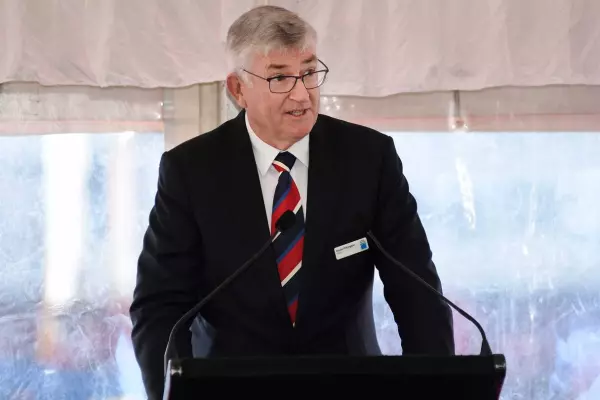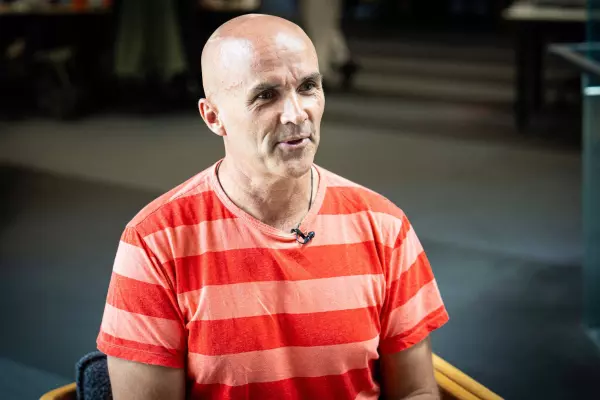Weta Digital’s new shareholder – Napster co-founder Sean Parker – gave the visual effects firm the capital and expertise it needed to deliver the Avatar sequels, documents released to BusinessDesk show.
Parker’s Weta Holdings LLC was issued 8.4 million preference shares, taking a 20.2 percent stake as a first round of investment last year, which Weta Digital considered necessary to deliver content for Avatar 2 and subsequent sequels, Parker’s application to the Overseas Investment Office shows.
Filmmaker Peter Jackson’s Weta Digital also needed to attract key international talent, as well as access greater artificial intelligence tech and business connections.
“Key executives of the vendor were aware of the existing commitments and the need to attract talent in the international market,” Parker’s application said.
“That capital and expertise were needed urgently.”
A second investment tranche – 5.6 million preference shares – was envisaged as a fall-back if the Avatar movies and other animation projects hit an unexpected roadblock, and to develop Weta Digital as an animation business. Developing connections with US studios, including Amazon Studios, was another opportunity.
About that...
As it was, the outbreak of covid-19 hurt Weta Digital, slowing production of its biggest movies that make up a core part of its traditional operations.
“The effect has been to extend the duration of WDL (Weta Digital)’s work and costs of delivery,” the application said.
That longer timeframe was seen as a medium-term issue for Weta Digital’s studio clients, with quarantining meaning a transient international workforce took longer to enter the country, and at extra cost, while also forcing the company to take steps to protect its employees and contractors.
Unlike the first investment, the second tranche required OIO approval as it lifted Parker’s stake above 25 percent, because Weta Digital’s assets were valued at more than $100 million, according to documents released under the Official Information Act.
Parker’s involvement was announced in September last year and pitched as a way for Weta Digital to diversify and develop the firm’s global ambitions, moving away from just being the world’s biggest single-site visual effects studio based in Wellington’s Miramar peninsula.
Changing times
Since the first round of investment, Weta Digital has made inroads into the animation business, hiring Parker’s associate Prem Akkaraju as chief executive, expanding its presence in the US, negotiating deals to enter new markets including expanding relationships with the largest streaming-media companies, and signing deals with technology firms.
What’s more, Weta Digital expects the pandemic to accelerate the shift to streaming media, increasing the need for Parker’s second investment.
“We anticipate an increasing market for fast, flexible visual effects production to match the timelines of typical streaming-media focused productions,” Parker’s application said.
The initial deal put a Dec. 31 timeline for the second tranche, but Parker told the OIO that investment was needed more urgently and sought to get approval by Sept. 30, having lodged his application on July 10. As it was, the OIO approved the deal on Oct. 7, and set a March 31, 2021 deadline to complete the transaction.
The OIO granted Parker and his associate, CEO Akkaraju, permission to take a 32.2 percent stake in Weta Digital, depending on whether there’s a future share buyback.
Parker took a 20.2 percent stake in September 2019 from the first investment. This was diluted down to 17.2 percent in February when Akkaraju was issued 2.8 million shares, or about 5.8 percent of Weta Digital, as a senior executive stock incentive scheme to make sure Weta Digital delivers on its US and NZ commitments.
Senior visual effects artist Joe Letteri, who’s also a director of Weta Digital, sold 8.2 million shares to Jackson and Fran Walsh’s Film Property Trust in September last year when Parker made his first investment. However, in February of this year Letteri was issued 4.5 million shares, or 9.2 percent of the firm, also as part of the executive incentive scheme.














